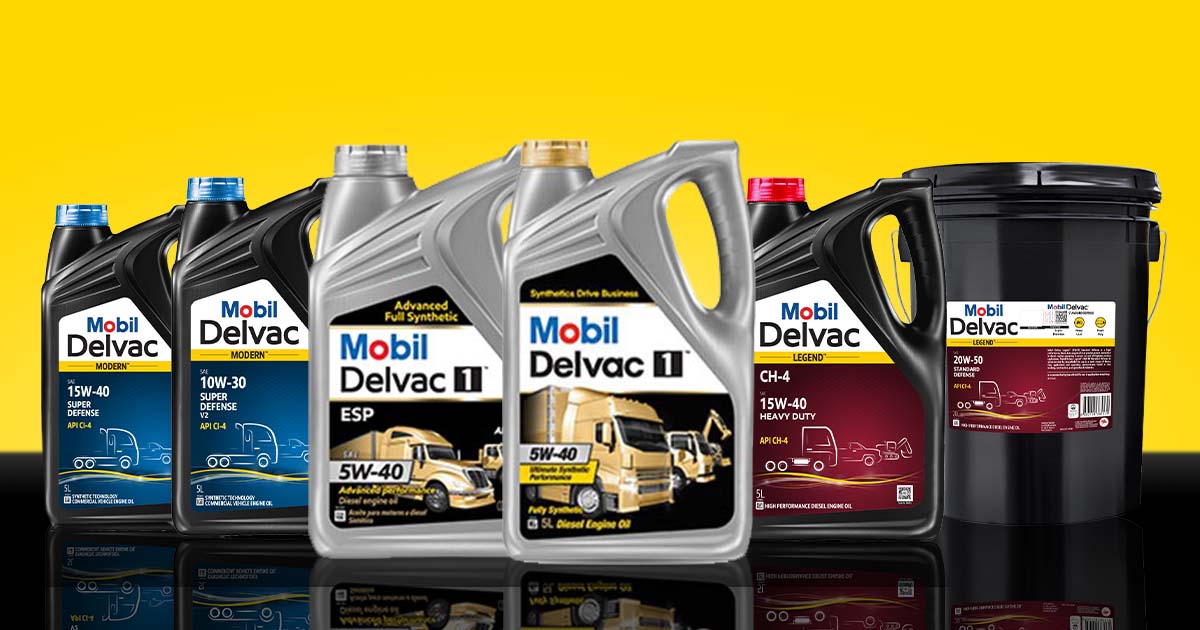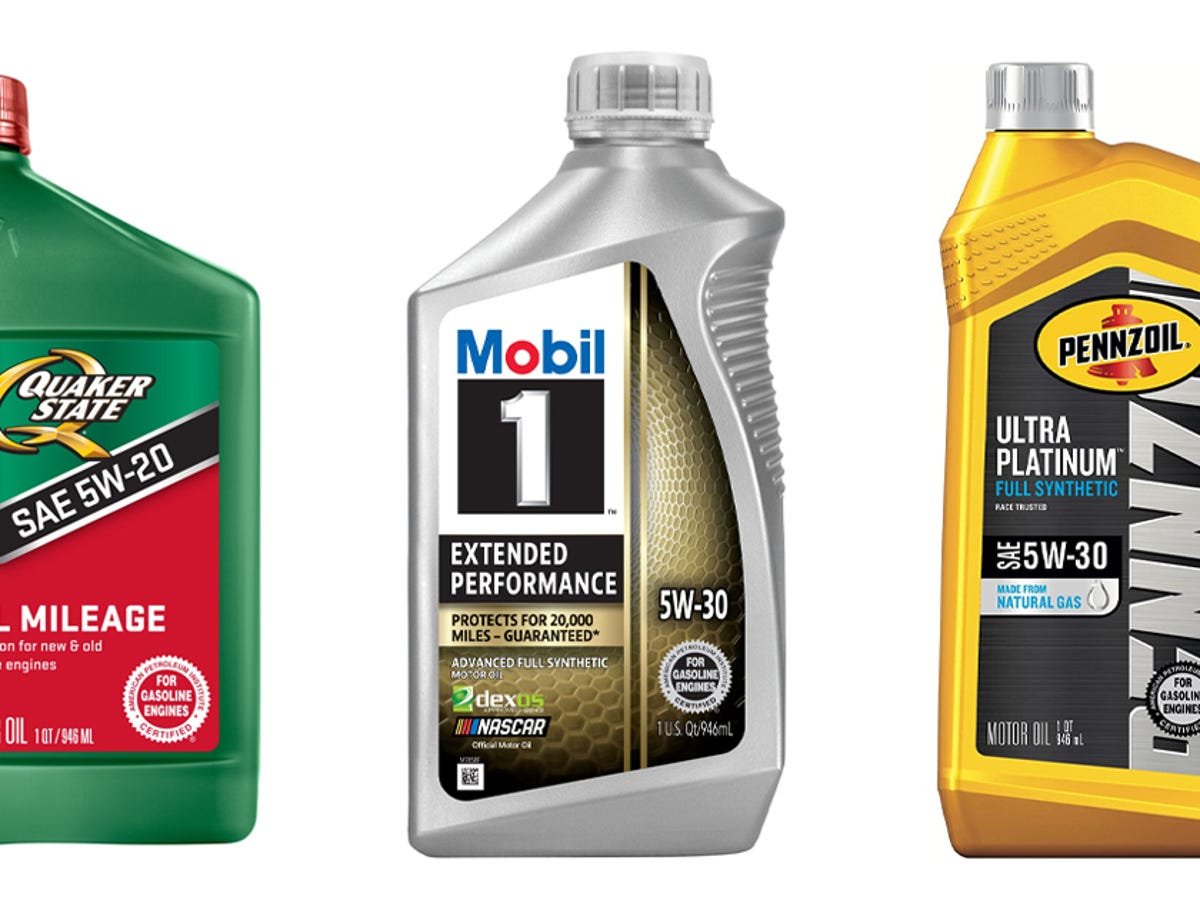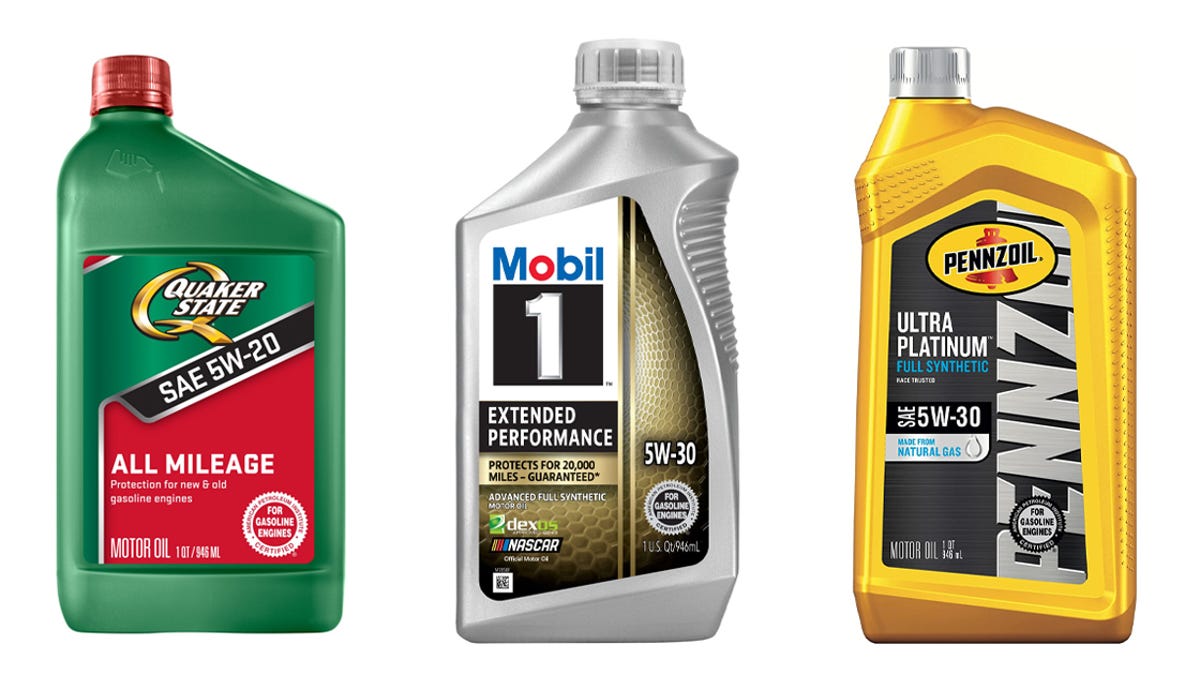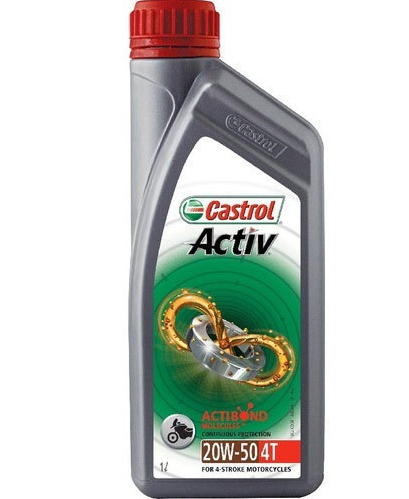There are hundreds of engine oil brands available worldwide. Consumers can choose from a vast array of products tailored to their vehicle needs.
Selecting the right engine oil is crucial for maintaining vehicle health and performance, as it plays a vital role in lubricating engine components, reducing friction, and ensuring smooth operation. Top-tier manufacturers like Shell, Mobil, and Castrol offer a wide range of oils, each formulated to meet specific industry standards and performance criteria.
With the automotive market’s constant expansion, new brands and formulations continue to enter the market, providing even more options for consumers. From fully synthetic to mineral-based oils, the variety accommodates all types of vehicles, from high-performance sports cars to everyday commuter vehicles, ensuring there is an ideal oil for every engine.

Credit: www.mobil.com
The Spectrum Of Engine Oil Brands
The world of engine oils is vast and intricate, with a brand to suit every need and machine. Whether you’re a professional mechanic or a car enthusiast, grasping the scale of options available is essential for making an informed choice. This blog spotlights the vast spectrum of engine oil brands.
Global Presence
Engine oil brands span the globe with dominant players and niche manufacturers. Market leaders like Shell, ExxonMobil (producer of Mobil 1), and Total have a strong presence in almost every country. They offer a range of oils that cater to different climates and standards.
Market Diversity
The engine oil industry thrives on diversity, catering to an array of vehicles and machinery. Beyond car engine oils, the market includes oils for motorcycles, heavy-duty trucks, and industrial machinery. The spectrum ranges from premium synthetic oils to more affordable conventional oils. Some key brands in this diversity include:
- Castrol – Known for high-performance lubricants
- Valvoline – Offers oils for high-mileage vehicles
- Pennzoil – Focuses on natural gas technology
- AMSOIL – Pioneers in synthetic motor oil
Synthetic blends and speciality oils also punctuate the product lines of numerous brands, designed for specific engine types or performance requirements.

Credit: www.cnet.com
Historical Evolution Of Engine Oils
The journey of engine oil is a tale of innovation and improvement. From simple lubricants to complex formulations, engine oils have evolved significantly. Let’s dive into the historical development and modern breakthroughs of engine oil brands around the world.
Early Oil Innovations
In the early 1900s, standard lubricants were refined from crude oil. The use of oil in engines emerged as vehicles became more common.
- Whale oil was among the first lubricants.
- With automobiles came mineral-based oils.
- Scientists developed oils for different seasons: winter and summer grades.
Advancements continued with additives to improve performance and extend oil life. These oils marked significant progress from the early days.
Modern Advancements
The late 20th century saw major leaps. Synthetic oils entered the market, offering better protection and efficiency.
| Year | Advancement | Impact |
|---|---|---|
| 1970s | Synthetic oils | Higher performance at extreme temperatures |
| 1990s | Energy-conserving formulations | Improved fuel economy |
| 2000s | Low viscosity oils | Better engine protection, reduced emissions |
These breakthroughs reflect a commitment to optimizing engine health and sustainability. The latest synthetic blends continue to set new standards in lubrication.
Categorizing Engine Oils
Understanding engine oil types helps find the right one for a car. Different brands offer various oil types. This section categorizes them to aid selection.
By Viscosity GradesBy Viscosity Grades
Viscosity refers to the oil’s thickness and flow ability. Engine oils are rated on this scale. The viscosity grade can affect engine performance greatly.
| Grade | Low Temp Performance | High Temp Performance |
|---|---|---|
| 0W-20 | Excellent | Good |
| 5W-30 | Very Good | Very Good |
| 10W-40 | Good | Excellent |
Full-synthetic Vs. Conventional
Full-synthetic oil is designed for high-performance engines. It provides superior protection and lasts longer. Conventional oil, made from natural crude, suits regular-use engines well.
- Full-Synthetic Oil: Longer lifespan, better at extreme temperatures.
- Conventional Oil: Economical, ideal for older or low-performance engines.
Leading Engine Oil Brands Worldwide
Welcome to the engine oil circuit, a world where performance meets reliability. Among the numerous brands out there, few have established a global presence. Let’s delve into the ones that lead the pack.
Multinational Giants
Shell, Mobil, and Castrol are the titans of the engine oil realm. With their cutting-edge research and widespread distribution networks, they dominate. Their products cater to a range of vehicles, ensuring an optimal blend of efficiency and protection.
- Shell: Renowned for its Helix and Rotella lines, it serves both consumers and industries.
- Mobil: Its Mobil 1 synthetic oil is a top choice for car enthusiasts and professionals.
- Castrol: Known for EDGE and Magnatec, Castrol blends innovation with performance.
Regional Leaders
Not all heroes wear global capes; some shine regionally. Motul in Europe, Petronas in Asia, and Valvoline in North America have loyal followings.
| Brand | Region | Specialty |
|---|---|---|
| Motul | Europe | High-performance lubricants |
| Petronas | Asia | Energy-efficient solutions |
| Valvoline | North America | Innovative motor oils |
These brands have tailored their offerings to fit their regional markets, often emphasizing local qualities in their products.
Evaluating Engine Oils
Imagine your car as a star athlete, always ready to perform. Like any athlete, your car needs the right nutrition to keep running at its best. That’s where engine oil comes in! Not all engine oils are the same, though. There are so many brands and types! To choose the right oil, you must understand its performance and quality. Let’s dive into what makes an engine oil stand out.
Performance Standards
Think of performance standards like a scoreboard for oils. These scores tell us how well an oil will work. Oils must pass many tests to get good scores. Here’s a way to check:
- Look for the SAE score. It tells you the oil’s thickness.
- API marks show if the oil is good for your car’s engine.
- Energy-saving oils help your car use less fuel.
Thicker oils are great for high mileage cars. Thinner oils are better for cold weather.
Certifications And Approvals
Certifications are like medals for engine oil. They show the oil is trusted and safe. Here are some key badges:
- API’s “donut” shows the oil’s standards are met.
- The ACEA European oil rating tells you about extra tests.
- Look for manufacturer approvals on the bottle.
Oil with many badges is high quality. It is made for certain cars. Always check your car’s manual to see which oil it needs. Choosing the right oil keeps your car healthy for a long time.
Trends Influencing Brand Variety
The variety of engine oil brands in the world is vast. Different brands cater to various consumer needs and vehicle specifications. Trends in the market and technological innovation play significant roles in the diversity of these brands. Let’s explore how these factors contribute to the brand variety we see today.
Technological Advancements
The engine oil industry constantly innovates. Technological progress in oil formulation and additive packages leads to superior products. Brands evolve to incorporate these advancements, resulting in better engine performance and longevity. This leads to an ever-expanding selection of specialized oils for consumers.
- Improved synthetic blend options
- Advanced wear protection
- Enhanced fuel economy
- Eco-friendly formulations
Shifting Market Demands
As vehicles evolve, so does the demand for engine oils that meet these new requirements. Changing environmental regulations and consumer preferences for high-performance or eco-conscious products shape the brand landscape.
| Market Demand | Brand Response |
|---|---|
| Emission standards | Low viscosity oils |
| Performance vehicles | High-performance lubricants |
| Eco-aware consumers | Biodegradable oils |
Considerations For Choosing An Engine Oil
Selecting the right engine oil is crucial for your vehicle’s performance. With countless brands available, it’s essential to understand the factors that matter. Key considerations include engine types, specifications, and climate conditions. This ensures optimum performance, efficiency, and longevity for your engine.
Engine Types And Specifications
Engines differ in design and requirements. Diesel engines need different oil from gasoline engines. High-performance engines demand oils that can handle higher pressures. Check your vehicle’s manual for oil viscosity and specification requirements. Always match oil to these specs for best results.
- API (American Petroleum Institute) rating
- ACEA (Association of European Automobile Manufacturers) classification
- Manufacturer-specific standards like VW, Mercedes-Benz, or BMW
Climate Conditions
Your local climate greatly affects oil performance. In cold weather, oil thickens, needing more effort to flow. Colder climates require oils with a lower viscosity. This ensures smooth engine startups and protection. Hot climates might need higher viscosity oils to maintain film strength under high temperatures.
| Temperature Range | Preferred Oil Viscosity |
|---|---|
| Below freezing | 0W or 5W |
| Moderate | 10W or 15W |
| Hot | 20W or higher |
Select oil with the right viscosity index to match your climate. Check the oil’s SAE (Society of Automotive Engineers) rating — commonly seen as 0W-20, 5W-30, etc., to make the right choice.

Credit: www.cnet.com
The Future Of Engine Oil Brands
As we look ahead, engine oil brands face a dynamic future. This market is bracing for transformative changes. These changes will impact how we think about lubrication.
Innovations On The Horizon
New technologies are emerging in engine oils. These innovations promise to boost performance. They also aim to meet stricter environmental standards.
- Bio-based oils are gaining traction.
- Companies are focusing on long-life lubricants.
- Stay alert for nanotechnology-infused oils. They could revolutionize engine efficiency.
Impact Of Electric Vehicles
Electric vehicles (EVs) are changing the game. They don’t need traditional engine oils, but they still require lubrication.
Engine oil brands are adapting. They’re crafting specialized fluids for EVs.
| EV Component | Lubrication Needs |
|---|---|
| Battery systems | Cooling fluids |
| Electric motors | Greases for bearings |
| Transmission systems | Specialty gear oils |
The rise of EVs calls for innovation. Oil brands must create relevant products for this new era.
Frequently Asked Questions On How Many Types Of Engine Oil Brands In The World?
How Many Engine Oil Manufacturers Are There?
There are hundreds of engine oil manufacturers globally, including major and independent brands.
How Many Types Of Engine Oil Are There?
There are three main types of engine oil: synthetic, semi-synthetic, and conventional.
How Many Types Of Oil Are There?
There are numerous kinds of oils, commonly categorized as edible oils, essential oils, motor oils, and industrial oils. Each category contains various specific types tailored for different uses.
What Is The World’s Number One Engine Oil Brand?
The world’s leading engine oil brand is Shell, known for its high-quality Shell Helix product line.
Conclusion
Navigating the vast sea of engine oil brands is daunting. Yet, the choice is pivotal for vehicle longevity and performance. Remember, brand variety caters to differing needs and specifications. Armed with knowledge, you’re set to make an informed selection. Always prioritize quality for your engine’s best health.


